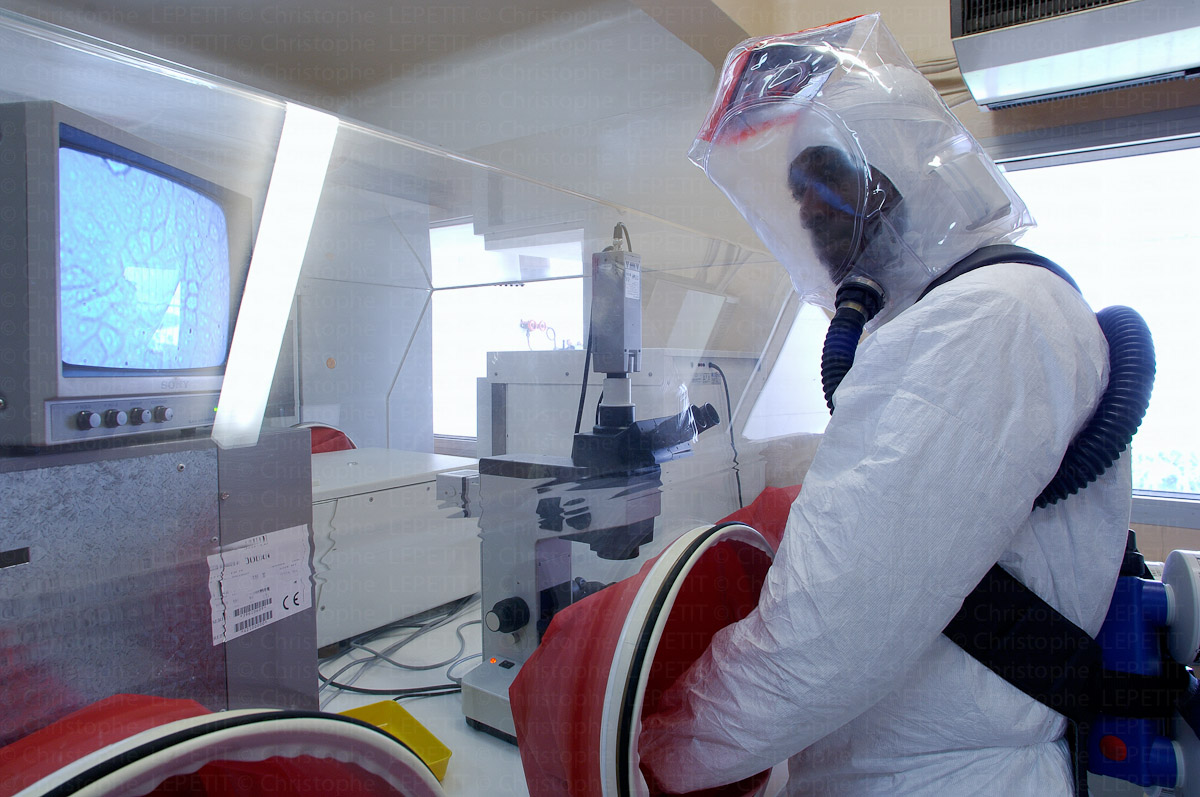The experimental Ebola drug ZMapp cured all 18 of the lab monkeys infected with the deadly virus, including those suffering the fever and haemorrhaging characteristic of the disease and just hours from death, scientists have said.
Even monkeys not treated until five days after infection survived, the scientists, who published their data in the journal Nature on Friday, said.
No other experimental Ebola therapy has ever shown success in primates when given that long after infection; the five days is analogous to nine to 11 days after infection in people.
Although two American aid workers who contracted Ebola in the West Afrucan nation of Liberia were cured after receiving ZMapp, their physicians do not know if the drug helped.
A Liberian doctor with the disease died this week despite being given the drug, as did a Spanish priest.
ZMapp, produced by San Diego-based Mapp Biopharmaceutical, has never been scientifically tested in people, and the current study was the first in primates.
The success is therefore a “monumental achievement,” virologist Thomas Geisbert of the University of Texas Medical Branch wrote in a commentary on the paper, published online in Nature.
There are no approved Ebola vaccines or treatments, but human safety trials will begin next week on a vaccine from GlaxoSmithKline Plc and this autumn on one from NewLink Genetics Corp.
The Ebola outbreak in West Africa has killed 1,552 people out of 3,069 confirmed cases, the World Health Organisation said.
The agency said the disease was on pace to infect 20,000 people. Neither governments nor private medical groups have been able to contain the outbreak, which WHO said will almost certainly continue into 2015.
Optimal mix
ZMapp is a mix of three antibodies that bind to proteins on Ebola viruses and trigger the immune system to destroy them.
ZMapp had previously developed two different cocktails of antibodies, but they protected only 43 percent of monkeys when given as late as five days after infection.
For the current study, scientists led by Gary Kobinger of the Public Health Agency of Canada set out to identify the optimal mix of antibodies from the earlier cocktails.
His team tested the antibodies in guinea pigs one at a time and in various combinations, identifying the two best performers last December.
The two graduated to tests in 12 rhesus monkeys. This spring the winner of that face-off, ZMapp, was given to another 18 infected monkeys – three doses at three-day intervals starting three, four or five days after infection.
All three untreated monkeys, in contrast, died of Ebola by day eight. With ZMapp, even advanced symptoms such as rashes, liver dysfunction and haemorrhaging disappeared, a result Kobinger called “beyond my own expectations”
“This is an extremely encouraging result,” said David Evans, professor of virology at England’s University of Warwick, who was not involved in the study.
The success suggests that ZMapp “offers the best option” for treating Ebola, Kobinger’s team wrote, and should be tested for safety in people to enable its compassionate use “as soon as possible”.
(via Aljazeera)







